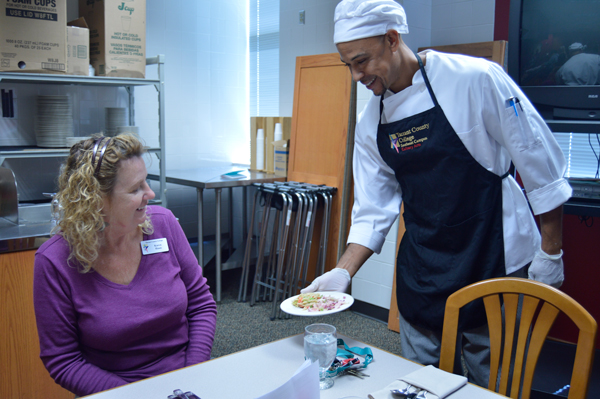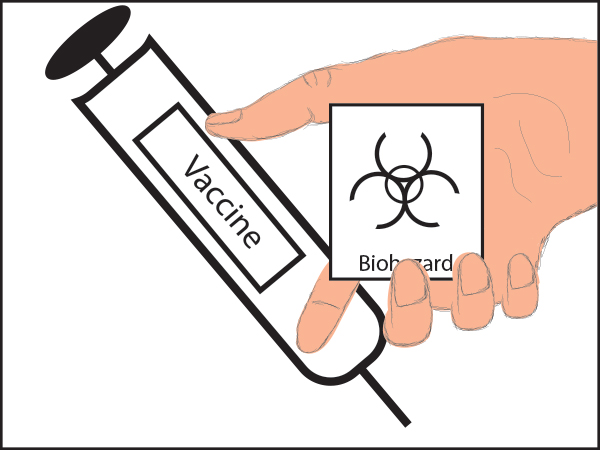By Tamenia Jourdan/reporter
Seven out of 10 Americans live paycheck to paycheck. The total U.S. debt is $17 trillion. In one recent year, the average American family spent 120 percent of its monthly income.
Those were some of the statistics cited by Randy Saleh, NE academic advisor, in A Culture of Debt Oct. 1.
“How many of you have taken out loans?” Saleh asked.
All the people in the audience raised their hands.
Addressing the debt Americans have accumulated over the last century, Saleh suggested several ways to get out of debt and stay out of debt.
Seventy percent of Americans live paycheck to paycheck with no savings to rely on, Saleh said. Most people’s paychecks are gone the same day they get paid, he added, or even before they get paid.
“Payday is a holiday for Americans,” he said.
One of Saleh’s proposals to get of out debt was to save. In 2006-2007, the average American family spent 120 percent of its monthly income. Credit card debt and student loans were largely to blame for that statistic, Saleh said.
He encouraged the audience to pay back loans within a short time and to pay bills on time.
“The average amount of money banks make on fees is over $30 billion a year,” he said.
He recommended that any money not being used for basic necessities should be put into an emergency fund. That could help avoid taking out another loan or borrowing from family or friends, he said.
The average American family only has about $1,500 in its bank account, Saleh said, while the average Japanese family has about $20,000.
Saleh stressed the importance of having good credit. Credit scores are based on a scale of 0 to 850, he said, and most Americans have an average credit score of 678. A good credit score ranges between 720 and 749, and a score above 750 is excellent, he said.
A high credit score means a person will pay less for loans and a lower interest rate, Saleh said. Having good credit can save money and is a big part of cutting debt and becoming financially stable.
Saleh said young people should try to build their credit scores up at an early age because having no credit is just as bad as having poor credit.
To save money, Saleh suggested students live at home even after graduating. That would help them to fully pay back student loans and provide an opportunity to save.
“Start being proactive until you’re upset you’re not going to do anything about it,” he said.
Manar Lamichhane, a NE science major, said the speech opened his eyes to a lot of things.
“Following the tips and acclimating the guidelines into my life will help me manage money,” he said.
The most important thing he learned from the speech, he added, was to cut debt.
“The game can be beaten if you play it differently,” Saleh said.



























